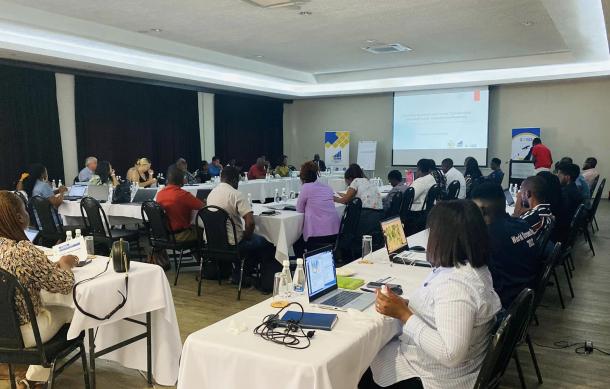
Namibia is crafting its National Land Cover Classification Standard, which once promulgated, will empower government institutions to make better decisions based on the concept of evidence.
At present, Namibia does not have a promulgated uniform land cover management system and those that exist at regional and municipal levels are often incompatible and inconsistent.
It is for this reason that the Namibia Statistics Agency (NSA) is holding a public consultation with key stakeholders to finalise the draft land cover classification, which will address inconsistencies and ensure compatibility and harmonisation of land cover data sets in the country.
Land cover data is essential as it enables the ability to monitor and report progress made on national development planning frameworks such as Vision 2030, NDPs, Harambee Prosperity Plan and Sustainable Development Goals.
The Deputy Chairperson of NSA and Executive Director of the Ministry of Agriculture, Water and Land Reform, Moses Hanana, say for the sustainable use of land and its preservation for future generations, the country needs to be informed by spatial data and standards in all activities. "Sustainable use of natural resources such as water, forests, and fisheries can only be monitored if we are able to accurately document our landscapes, including occurring changes over time. Since the Ministry of Agriculture, Water and Land Reform is tasked with mapping in the country and is an advocate in this regard, I urge all government institutions, academia as well as the private sector to continue contributing towards the finalisation of this important standard.
NSA's Statistician-General, Alex Shimuafeni, is hopeful that the standard will be instrumental in planning and statistical reporting. "That it will allow universities, researchers, research institutions and others to report and account for changes in land cover, environmental reporting and accounting in the country in a standardised and repeatable manner."
Stakeholders will look at the positive strides made towards the finalisation of the standards and their crucial role in national and international reporting on development frameworks such as those related to climate change.





